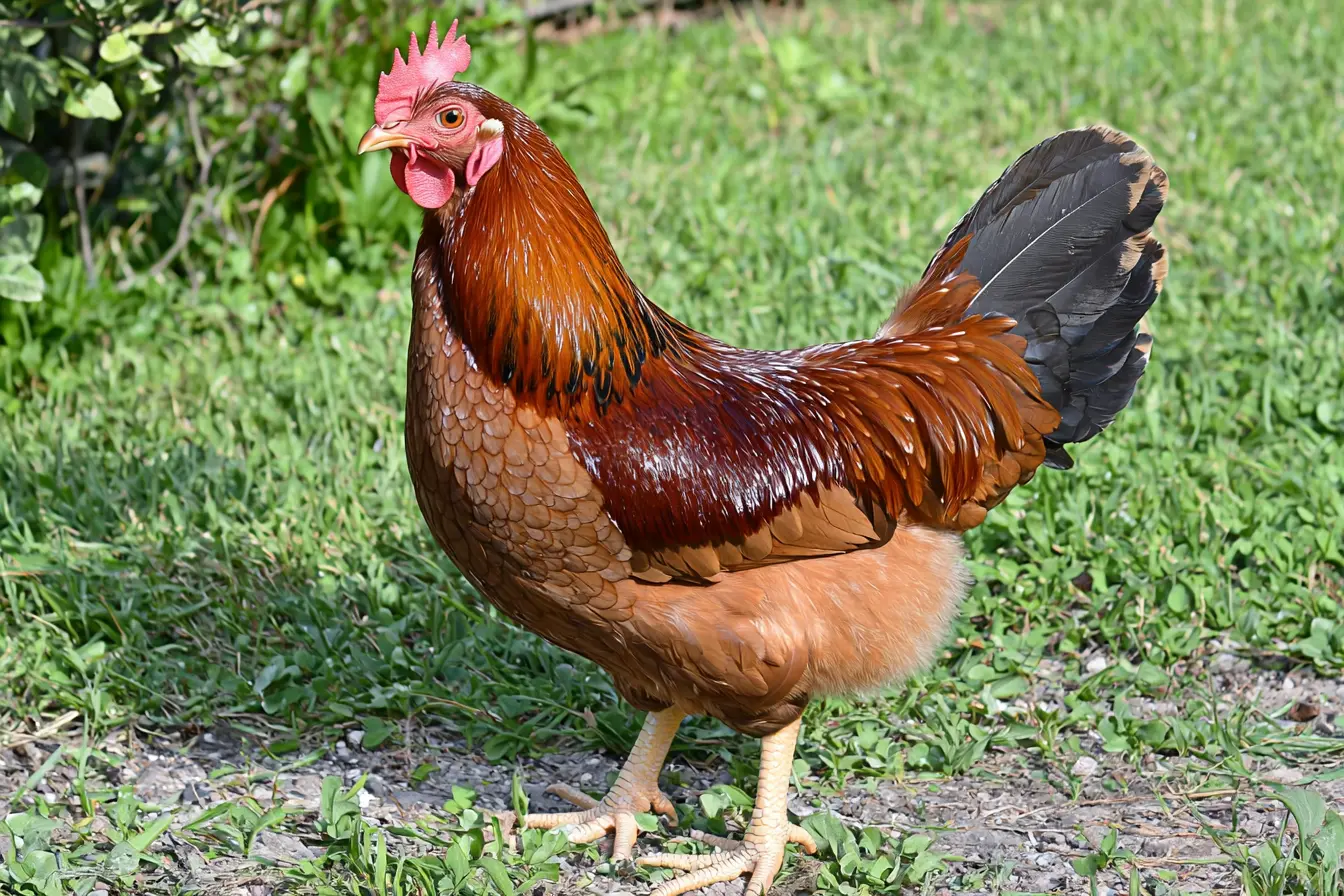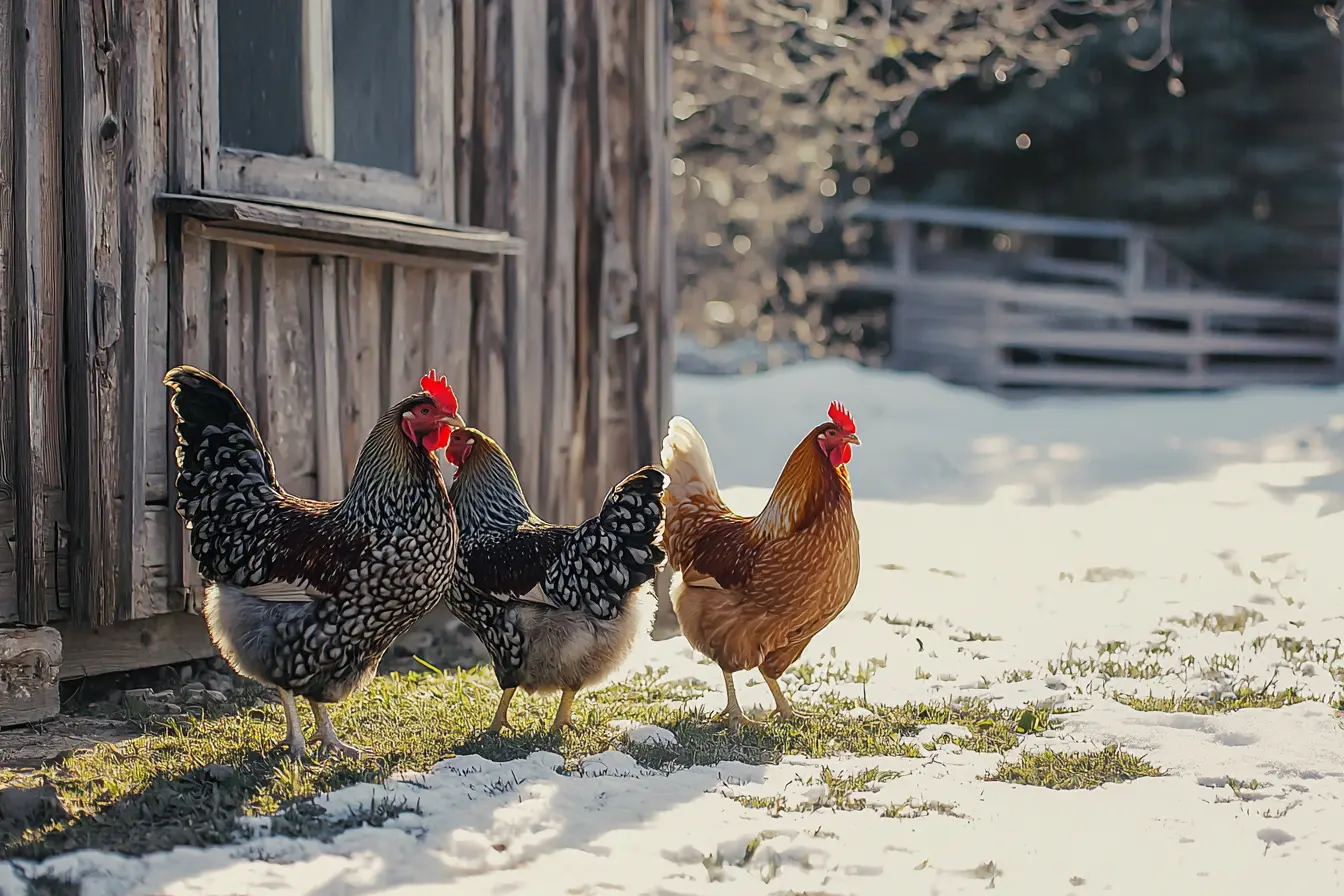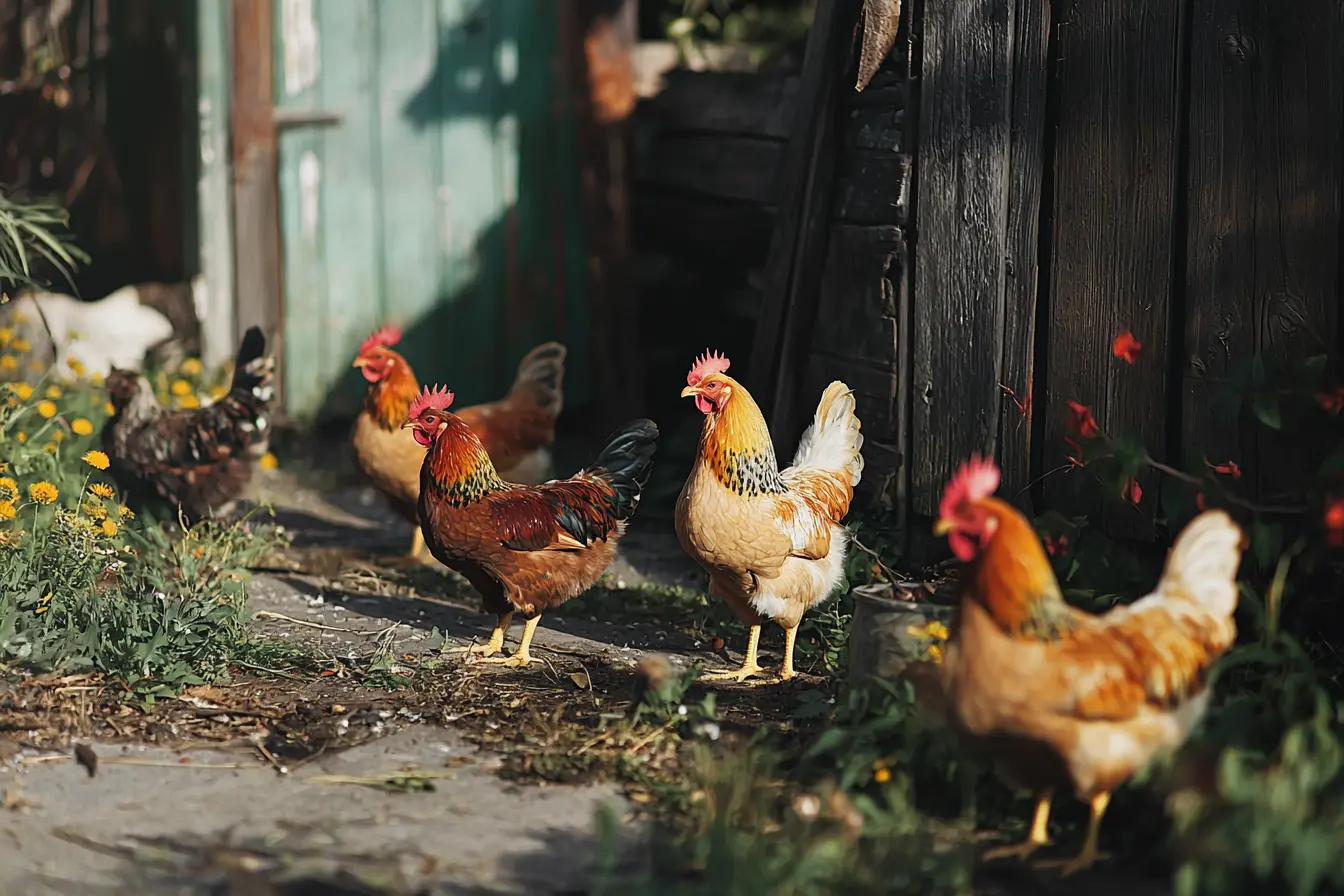
Considering Keeping Chickens? Here's What You Need to Know
Keeping chickens in the UK is becoming increasingly popular, not just in rural areas but also in urban settings. Chickens not only provide fresh eggs but also contribute to pest control and garden composting. If you're thinking about starting a backyard flock, here’s a detailed guide on what to consider and the options available to you.
Choosing the Right Breed
Egg-Laying Breeds
- Hybrid Layers: These are bred to be prolific egg layers, typically providing you with an egg almost daily. Popular hybrids include the Golden Comet and the Rhode Island Red.
- Pure Breeds: While they may not lay as many eggs, breeds like the Sussex, Orpington, and Leghorn add diversity and beauty to your flock.
Ornamental Breeds
- Silkies: Known for their distinctive fluffy plumage and friendly nature, Silkies are less about egg production and more about companionship.
- Bantams: These are essentially mini versions of larger breeds and are ideal for smaller spaces. They are less productive in terms of eggs but are great for ornamental purposes.
Utility Breeds
- Dual-Purpose Breeds: Breeds like the Plymouth Rock and the Buff Orpington are considered dual-purpose, good for both egg-laying and meat production, making them a practical choice for many homesteaders.
Housing and Space Requirements
Coop Design
- Space: Chickens need space not only to roost comfortably at night but also to roam during the day. A general rule is about 1-2 square metres per chicken inside the coop and about 8-10 square metres per chicken in the run.
- Security: Protection against predators like foxes is crucial. Ensure the coop is secure with fencing buried underground to prevent digging.
Location
- Shelter: Position the coop in a sheltered area to provide protection from wind and excessive moisture, while ensuring enough sunlight.
- Accessibility: Make sure the location is easily accessible for you to manage daily feeding, cleaning, and egg collection.
Health and Maintenance
Feeding
- Diet: Chickens require a balanced diet. Layers pellets are ideal for egg-laying hens, supplemented with grains, seeds, and kitchen scraps.
- Grit: Provide grit to help chickens digest their food, and consider oyster shells for additional calcium, which is vital for eggshell quality.
Health Care
- Regular Checks: Monitor your chickens for signs of illness, such as changes in eating habits, lethargy, or abnormal droppings.
- Parasite Control: Keep an eye on parasites like mites and lice. Regular treatments and coop cleaning can keep these at bay.
Legal and Ethical Considerations
Regulations
- Council Regulations: Check with your local council for any specific rules regarding keeping chickens, especially in urban areas.
- Noise and Neighbours: While hens are relatively quiet, roosters can cause noise issues. Consider this if you live in close proximity to your neighbours.
Welfare
- Companionship: Chickens are social creatures and thrive in groups, so it’s advisable to keep at least three to ensure they have company.
Conclusion
Keeping chickens can be a rewarding experience that not only provides you with fresh eggs but also enriches your daily life through their entertaining antics and companionship. With the right preparation and ongoing care, chickens can be a wonderful addition to your home or garden. Whether you're in an urban setting or have plenty of rural space, there’s a chicken breed and setup that can work for you.
Vets near you
Speciality vets
- Aquatics vet specialists
- Birds vet specialists
- Camelids vet specialists
- Cats vet specialists
- Cattle vet specialists
- Deer vet specialists
- Dogs vet specialists
- Equines vet specialists
- Exotic vet specialists
- Goats vet specialists
- Pigs vet specialists
- Poultry vet specialists
- Sheep vet specialists
- Small Mammals vet specialists
- Wild vet specialists
Vet facilities
- Accessible by public transport
- Blood testing
- Car park nearby
- Client car park
- Dentistry
- Diagnostic imaging
- Disabled public access
- Flea and worm treatments
- Microchipping
- Mobile services
- Neutering
- Open at weekends
- Out-of-hours service
- Referral interests
- Referrals only
- Street parking outside
- Toilets available
- Vaccinations



